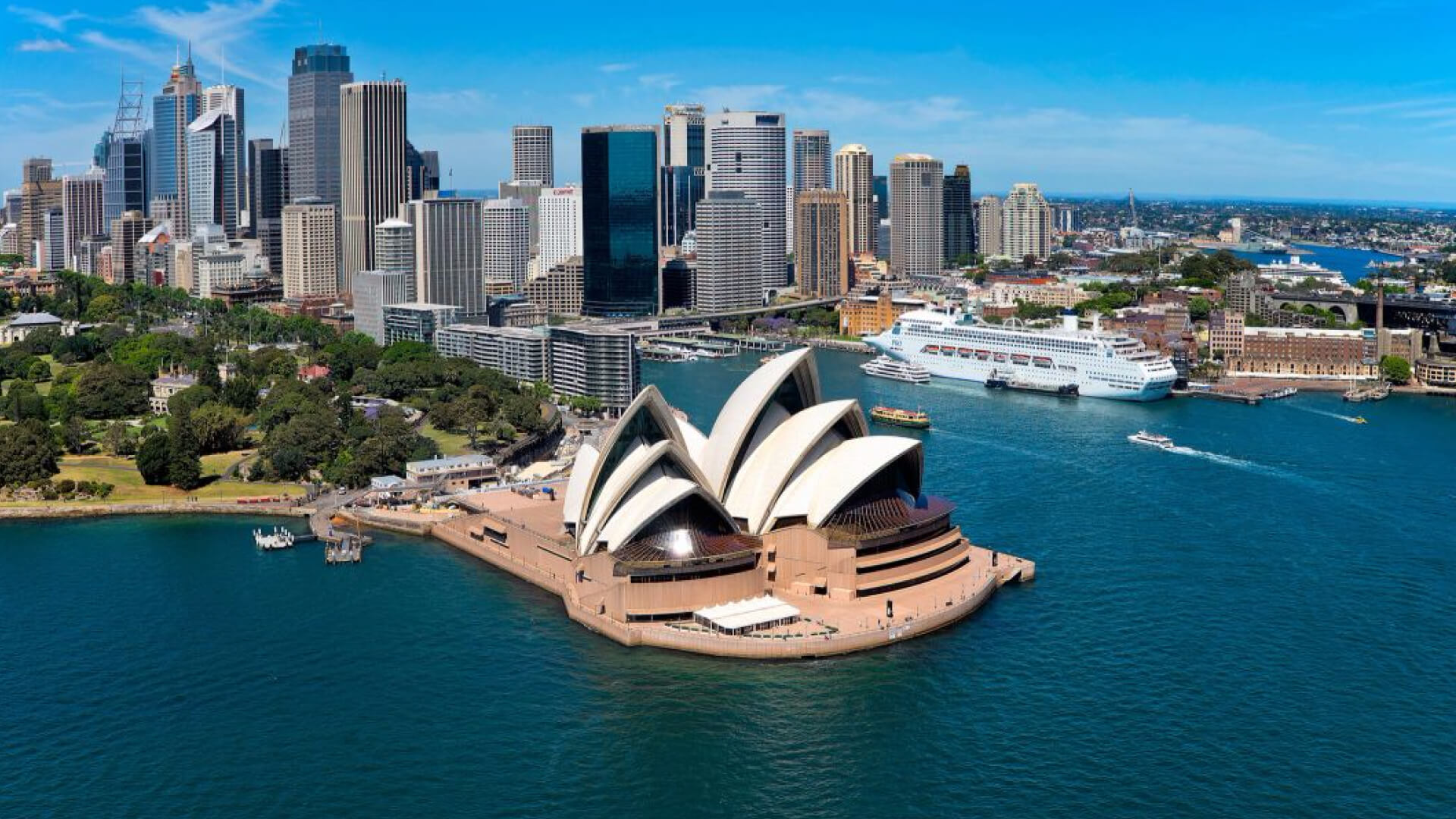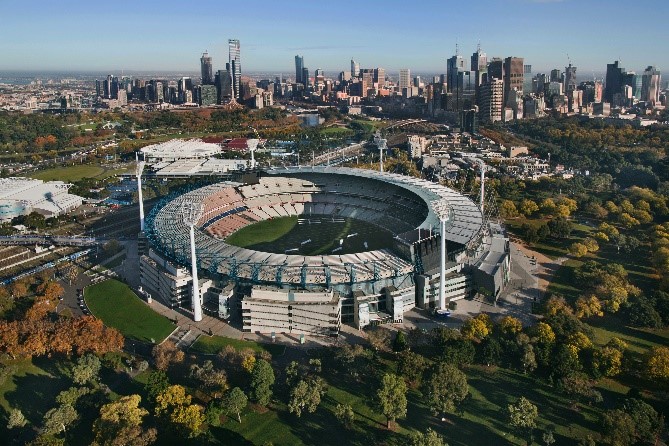Foreign tourists won’t be welcomed back to Australia until at least next year, the prime minister said as he outlined plans for lifting some of the toughest and longest COVID-19 travel restrictions imposed by any democracy.
The country will instead prioritize the return of skilled migrants and students after it hits Prime Minister Scott Morrison's benchmark for reopening its external borders: the full vaccination of 80% of the population aged 16 and older.
The news comes just days after Morrison announced plans to allow vaccinated citizens and permanent residents to fly overseas from November for the first time since March 2020.
The severe travel restrictions, which have trapped most Australians at home and kept most foreigners out, have led to the lowest level of immigration since World War II. Australian universities, which rely heavily on fees paid by international students, have been particularly hard hit, and many fear students will go elsewhere if they are not allowed in soon.
While many countries imposed strict lockdowns that shut down large portions of the economies, Australia's travel restrictions have kept life fairly normal for much of the pandemic — though it is now experiencing shutdowns in the biggest cities, Sydney and Melbourne, as well as the capital Canberra.
The rules imposed a high emotional burden in a country where half the population was born overseas or has at least one immigrant parent. Families were separated, and some grandparents have been barred from meeting grandchildren in Australia who are now approaching 2 years old.
After lifting restrictions on Australians, Morrison said the next priority would be skilled migrants and international students — before tourists. He did not specify when those groups would be allowed in.
The Australian Tourism Export Council, which represents a sector that made 45 billion Australian dollars ($33 billion) a year from international tourists before the pandemic, wants international visitors to return by March.
Australian tourism operators — which have suffered not only from the ban on international tourism but also frequent internal pandemic border restrictions — are frustrated that there aren't more details of how leisure travel will resume.












